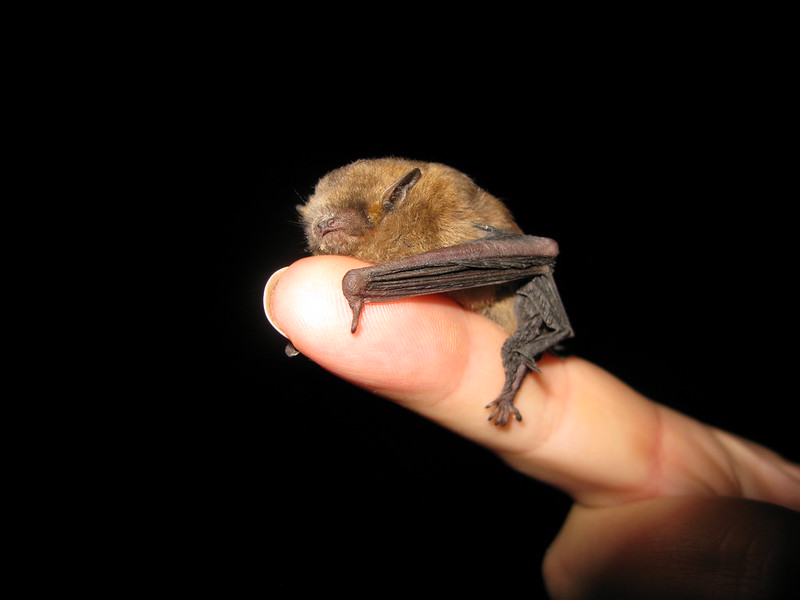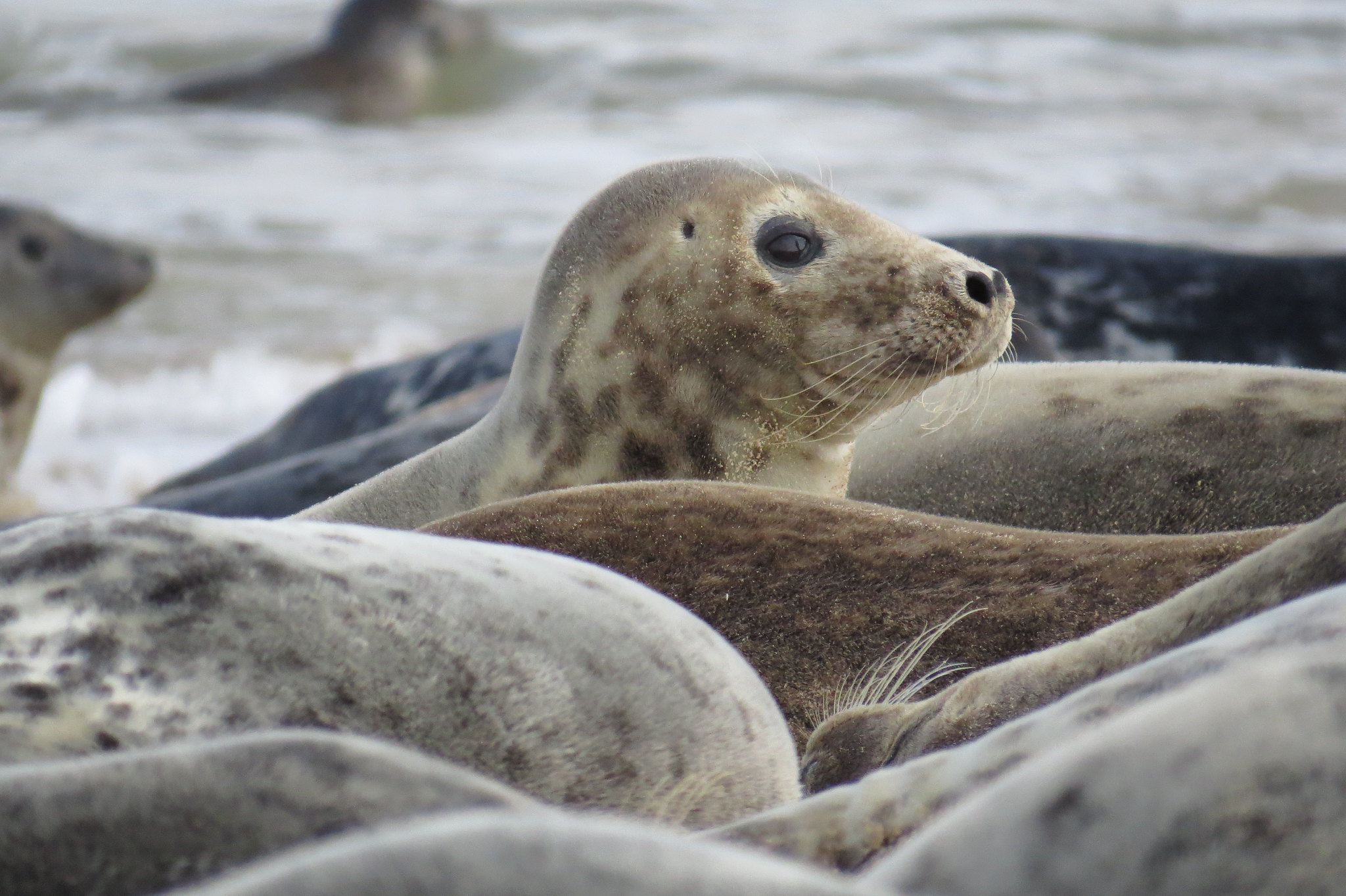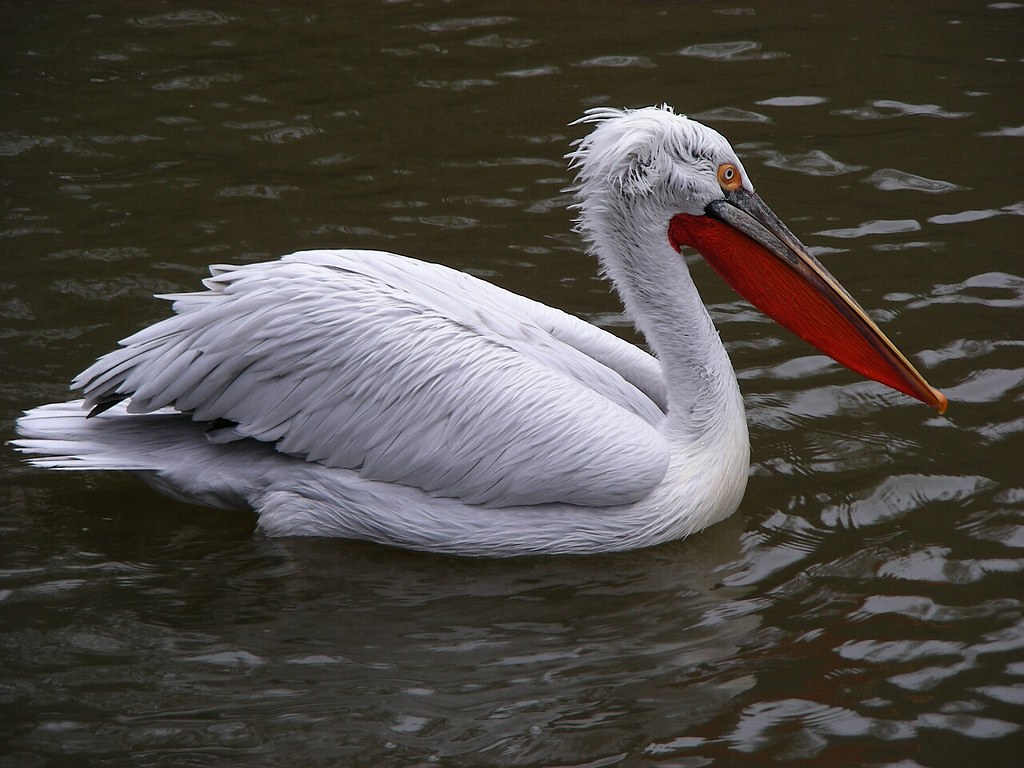The Independent reports the amount of woodland across England could be doubled from its current level of 10 per cent without impacting other important habitats, high quality arable farmland or peat bogs, detailed new mapping has revealed. The map, drawn up by Friends of the Earth and mapping consultancy Terra Sulis shows how much forest and other areas of woodland exist in rural areas in every local authority in England, and highlights potential new areas for tree planting.
Monthly Archives: November 2020
Campaign for viewers to plant 750,000 trees launched by BBC’s Countryfile
The Independent reports the two-year plan will encourage viewers to help plant and grow trees in an effort to help tackle the worsening climate crisis. The BBC said the 750,000 target was selected to match the number of children who will be starting primary school in September. The initiative, called Plant Britain, will be launched on Sunday in a special episode of the programme.
The pandemic has revived the demonisation of bats, but they aren’t the villains – we are

The Independent reports people have always been suspicious and fearful of bats so we needed little encouragement to point the finger their way. Some media outlets have even called for a global genocide of all bats. Of course, all this recrimination is a defence mechanism that stops us having to look closer to home. It’s a shame we’re so quick to judge because bats are wonderful, fascinating creatures. They have been on Earth for more than 50 million years – far longer than humans – and there are more than 1,400 different species of them, meaning around 20 per cent of the world’s mammal species are bats.
‘Humans are so dominant they disrupt the forces of nature’: David Attenborough says we must act now to save our ‘perfect’ planet
The Independent reports Sir David Attenborough warns that humanity’s power is now so dominant that it threatens all of life on Earth, in an early look on Monday at his new series. A Perfect Planet, a five-part documentary series featuring the 94-year-old broadcaster’s distinctive narration, took four years to make and was filmed in 31 countries across six continents.
People who are living in the countryside are greener than those in towns, study finds
iNEWS reports nine out of 10 of rural inhabitants recycle their plastic, compared with just seven out of 10 urbanites. People who live in the countryside are considerably greener than city dwellers when it comes to their everyday habits – but much slower to adopt new environmental technologies, a study reveals.
UK to support plans for new global treaty to ‘turn tide’ on plastic pollution
The Guardian reports Lord Goldsmith says Britain, the second biggest per capita producer of plastic waste, could play leading role in tackling crisis. Britain has thrown its weight behind a new global agreement to tackle the plastic pollution crisis, which Lord Goldsmith said would go “far beyond” existing international agreements.
The green plan looks good, but the government must live up to its promises
The Guardian and Business Fast report a huge amount of effort and planning will be required to fulfil Boris Johnson’s 10 pledges to tackle the climate emergency – by Rebecca Newsom, head of politics at Greenpeace UK. After many weeks of speculation, the prime minister has finally announced his “10-point plan” for a green industrial revolution.
A recent analysis by Green Alliance showed that the UK is on course to reduce its emissions by less than a fifth of what’s required for its next round of climate targets. Joint analysis in September by The Climate Coalition, including Greenpeace, WWF, the Women’s Institute, National Trust and the RSPB concluded that at least £95bn of government investment is needed over the rest of this parliament to build back better and deliver a sustainable, inclusive, and resilient society.
Goldsmith: Ban peat burning and back nature-based climate solutions
ENDS REPORT reports the environment minister Lord Zac Goldsmith has signalled his support for a ban on peat burning and expressed concern that nature based climate solutions are being “utterly neglected”.
According to conservation charities RSPB and WWF, protecting existing carbon stocks in the UK will secure the equivalent of 16,231 million tonnes of carbon dioxide (MtCO2e) – the amount of 36 years-worth of UK emissions at 2018 levels.
Largest grey seal colony in England to welcome 4,000-strong baby boom
 The Independent reports the largest grey seal colony in England is expecting a major baby boom of 4,000 new arrivals this year, the National Trust has said. Rangers monitoring the colony at Blakeney National Nature Reserve in Norfolk are having to rethink the way they count the numbers of pups born at the breeding ground due to how much it is growing.
The Independent reports the largest grey seal colony in England is expecting a major baby boom of 4,000 new arrivals this year, the National Trust has said. Rangers monitoring the colony at Blakeney National Nature Reserve in Norfolk are having to rethink the way they count the numbers of pups born at the breeding ground due to how much it is growing.
Grey seals photo by Dick Knight under creative commons.
Britain’s biggest bird could make comeback in latest rewilding plans
The Telegragh reports Britain’s biggest bird could make a comeback under new rewilding plans, as the Wildlife Trusts call for the government to restore our wetlands to their former glory and bring back the dalmatian pelican. 
Dalmatian pelican at Prague Zoo by Willard under creative commons.
The birds, which are up to six foot in length and have a wingspan of up to 11 feet, disappeared from our wetlands before medieval times, but are present in the fossil record. The majestic species was common 12,000 years ago and bones have been found in peat bogs in Norfolk, East Yorkshire and Somerset from the Bronze and Iron ages. Eventually, 2,000 years ago, the drainage of these wetlands, alongside hunting and disturbance, led to the extinction of the pelican.
